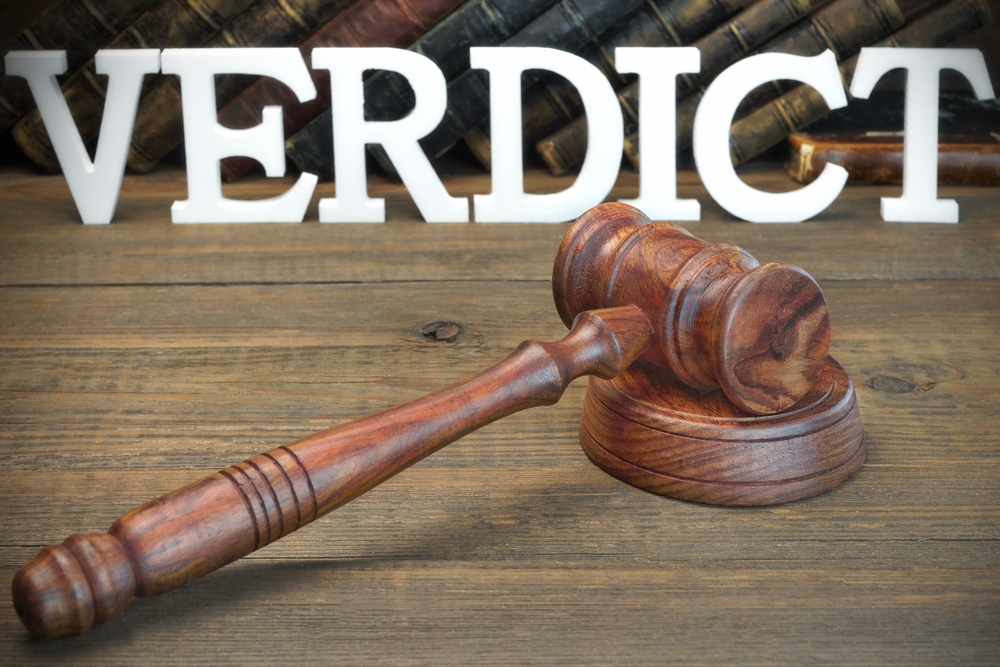Take Time Crafting Your Verdict Form

Take time to properly craft YOUR special interrogatory verdict form. This is the verdict form that goes back with the jury to answer in rendering its verdict. The questions, instructions, and the order of the questions in the verdict form need to flow and make sense.
In a recent property insurance coverage dispute, a jury rendered a verdict on a special interrogatory verdict form. The special interrogatory verdict form was, perhaps, not a model of perfection in asking the jury questions to answer. In answering the verdict form, the jury answered the 5th question “yes” that the insurer established that the damage was the result of an excluded cause of loss under the policy. This meant there was no liability under the policy as the insurer proved its affirmative defense. However, the next question (6th question) in the special interrogatory verdict form was asking the jury to determine the repair cost at actual cost value. The jury input an amount. The reality is the verdict form should have been clear with an instruction that the amount was ONLY needed if the jury found that the insurer did not establish that the damage was the result of an excluded cause of loss under the policy. But the verdict did not and the jury answered the question as it was asked, i.e., the jury did what it was asked to do. The trial court entered damages in favor of the plaintiff and the insurer appealed, as it should have, because how can the insurer be liable for damages if the jury found the insurer was not liable? It cannot and the appellate court reversed with instructions for the trial court to enter judgment in favor of the insurer.
A legally inconsistent verdict is defined as “one which contains two or more findings which, as a matter of law, cannot co-exist.” A verdict of no liability that also awards damages “is not an inconsistent verdict in the sense that an objection must be raised by the defendant when the jury returns the verdict,” but “as a matter of law a judgment for damages cannot be entered where there is no finding of liability.”
***
Because there was no liability under the insurance contract, it follows that no damages could be assessed or awarded against [the insurer]. As this was the verdict, the jury had no need to proceed to question six [that determined the cost of repair]. Arguably, because of the lack of instruction found on the verdict form following question five and the trial court’s answer to the jury’s question, the jury answered question six. The trial court had noted during trial that, if [the insurer] proves an exclusion, “[i]t is a finding for defendant but the Court enforces the finding.” Nonetheless, when the jury found that [the insurer] proved its affirmative defense, the trial court failed to enforce that finding.
Universal Property & Casualty Ins. Co. v. Tsirnikas, 49 Fla.L.Weekly D433a (Fla. 2d DCA 2024) (citations omitted)
Please contact David Adelstein at dadelstein@gmail.com or (954) 361-4720 if you have questions or would like more information regarding this article. You can follow David Adelstein on Twitter @DavidAdelstein1.




